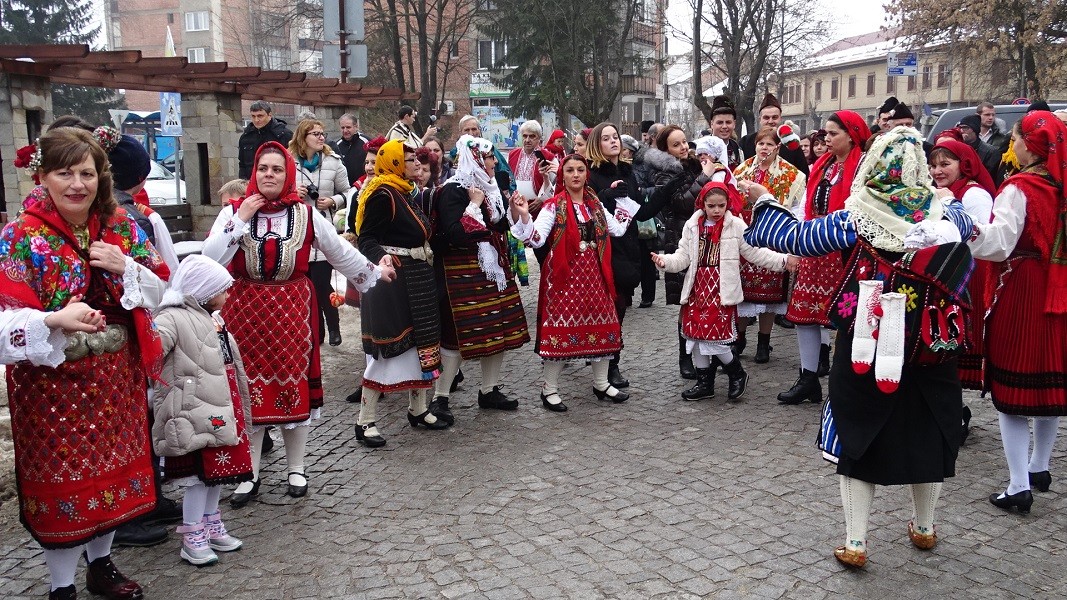In Bulgarian tradition January 21 is Babinden, grannies’ or midwives’ day, the last in the string of festive days connected with ritual bathing. It is a day honouring the “grannies”, the local midwives and healers who once helped women give birth.
In the past Epiphany and Ivanovden, the day of St. John the Baptist, were marked on 19 and 20 January (old style). Back then Babinden came as the natural end of the triad. It should not be forgotten that when we say “new and old style” this concerns the church calendar, but Badinden does not have a Christian Orthodox equivalent. But its celebration on both dates is a way to express just how much Bulgarians respect those who help women in childbirth, and then care for the baby and the mother.

Once, on this day, the grannies would go to the houses where they acted as midwives during the year, bathed (or sprinkled the babies with water) and blessed them. The women, on their part, would pour water out for the granny to wash her hands in, and gifted her with a towel and soap. This was followed by a festive lunch at the granny’s house, with each woman bringing ritual loaves of bread, banitsa, boiled chicken, wine and rakia. The only men allowed at attend these lunches were the men who played an instrument – bagpipe or gudulka – who would play for the women. In what was then a highly patriarchal society, this was the only day that women were allowed any banter, or to make jokes or witty remarks (some quite rude) about men. The day ended with ritual bathing followed by a women’s horo dance.
There are many entertaining stories described by ethnographers, as well as jocular songs sung on Babinden. One of them is Zaigralo babino horo, Grannies Dancing the Horo, performed by Shezhana Borisova and Kunka Zhelyazkova. Find out more about this traditional feast day in Bulgaria HERE.
Editing by Albena Bezovska
Photos: archiveEvery holiday has its own flavour, its own 'clothes' and its own tunes. Christmas is no different. "Little is known about traditional Bulgarian carols and their purpose, little is said, and even the wrong things are said. But the most important thing is..
On Christmas morning the glad tidings have spread that the Son of God was born, making it a special day celebrated with a lot of festive rituals. After Christmas Eve, when families get together for a festive meal, comes Christmas. On 25 December the..
Christmas Eve, once called Budnik, Little Christmas or Neyadka, was considered part of a dark, frightening period, charged with the potential to influence the entire upcoming year. For this reason, the night before Christmas was associated with..

+359 2 9336 661
